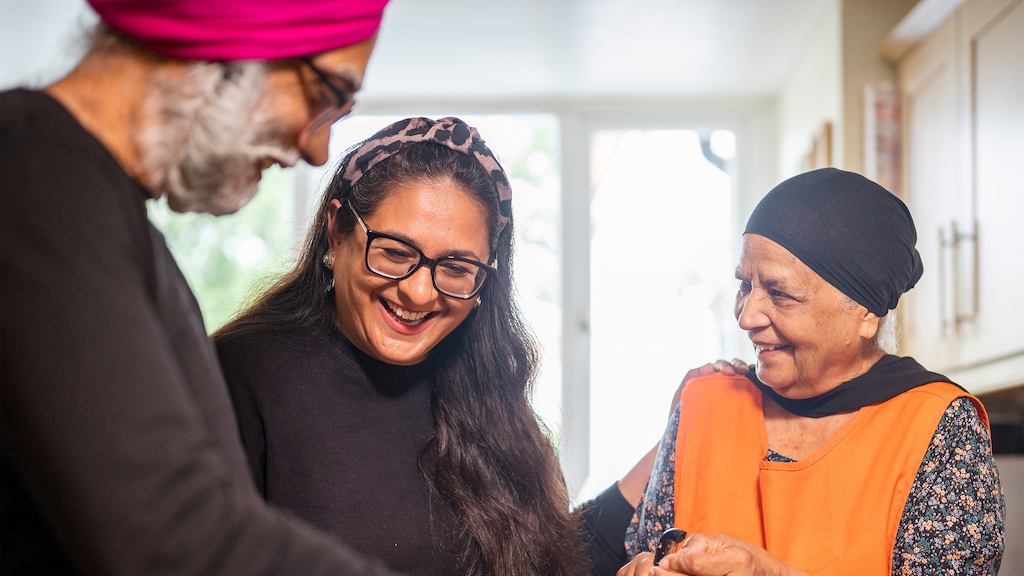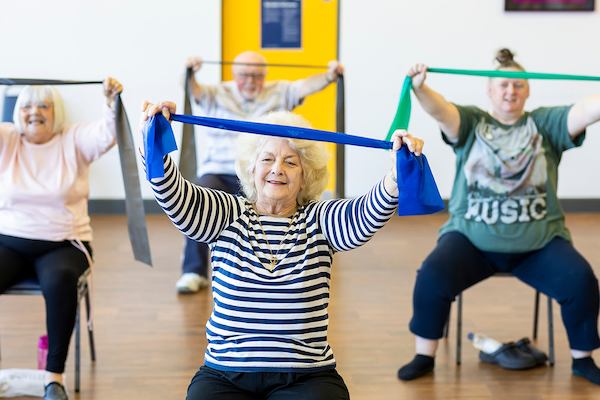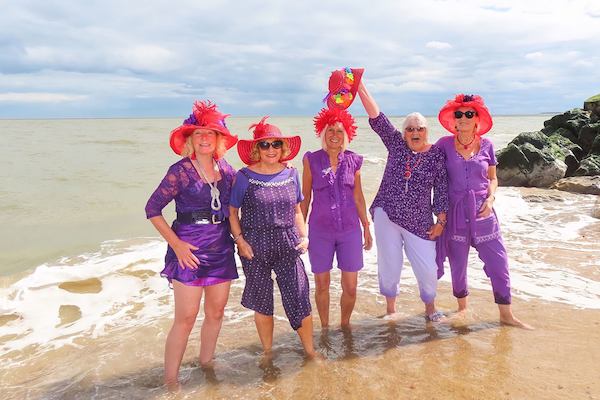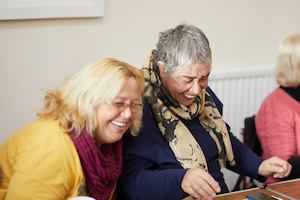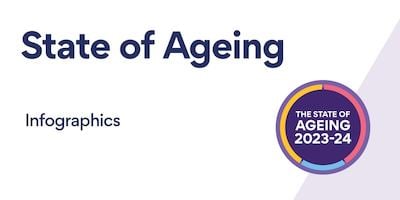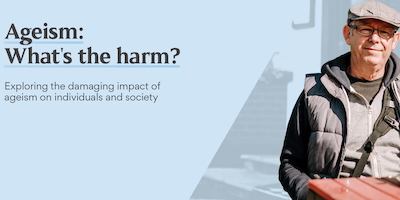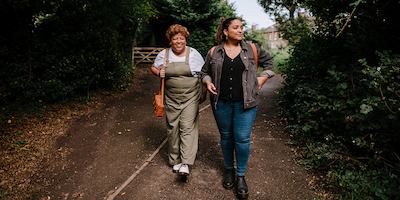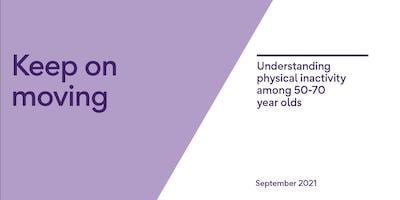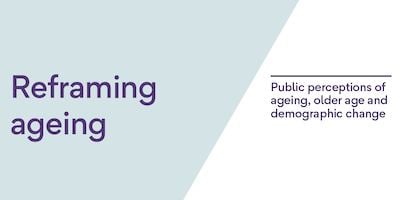“If you consider that the public on average considers 58-60 to be old, it is shocking to think that such large proportions of the public don’t think they will have good mental function by this age, or will be able to drive a car as well or be as competent in their jobs.
“Among the most common incorrect assumptions around ageing is that it is predominantly about frailty, decline and dependency. In reality, the large majority of us will not get dementia or live in care homes while just one in ten people aged 65 are defined as frail.
“Hearing constant negative messaging about older age can become a self-fulfilling prophecy, affecting our self-esteem and what we think we are capable or worthy of as we get older.
“Thinking negatively about ageing and older people has been accepted and ignored for too long. Now is the time to change this. Our new Age Without Limits campaign aims to spark a national conversation about what ageism is and to change the way we all think about ageing.”
The survey also shows that the assumed decline in their own older age is a cause of concern for many with:
- Over a quarter of people (27%) are worried they won’t be very mobile when they are old.
- Almost a third (30%) are worried they won’t be in good physical health.
- More than one in five (21%) are worried they won’t have good mental function.
- Around a quarter of people (24%) are worried they won’t be independent and will have to rely on others for help.
Analysis of the survey data reveals that younger men (18-29) are more likely than women in their age group to be worried about not looking good, or having poor mobility or having poor mental function as they get older.
But in older age groups, women then become much more likely to worry about the negative expectations of later life.
For example, women aged between 51 and 70 are more than twice as likely to be worried about not looking good when they are older compared to their male counterparts while women 71 and above are four times more likely to have those concerns than men of the same age.
